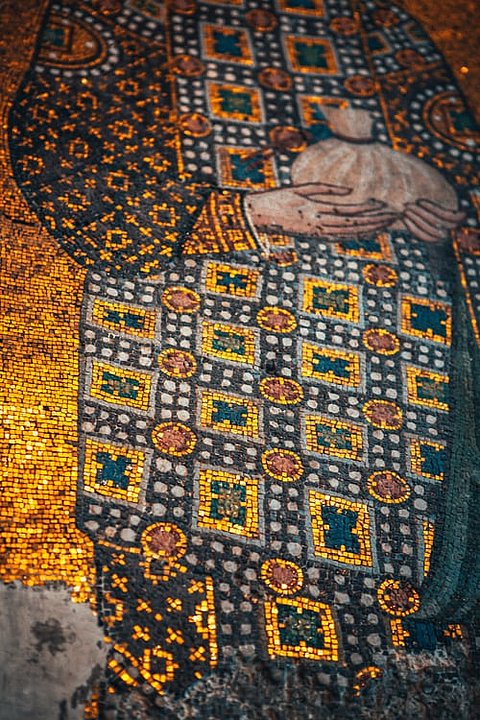Most of the KAAD scholars find themselves in a situation of (temporary) migration. In order to find their preferred forms of piety even in this situation, many of them are looking for members of their “own” communities and religious congregations. This way they are looking for a religious “home” within the host society which often feels not like home. Among other things, the seminar investigated this phenomenon and asked to what extent these different forms of practical religious practice have a positive or negative effect on living together in the One World. How can the piety of others be better understood? When does religious practice become manipulative and restrict freedom? How can and should forms of prayer and worship evolve?
The seminar was prepared and conducted by Dr. Marko Kuhn and Miriam Rossmerkel for KAAD and Dr. Johannes Lorenz for “Haus am Dom” in Frankfurt, our cooperation partner for this seminar. Spiritual guidance was provided by Father Prof. Dr. Ulrich Engel OP.
The seminar started with group discussions about difference forms of piety in the participants’ regions of origin. Religious affiliation, inter-religious interaction, state interventions and cultural influences through religious practice were discussed intensively. Summaries of the discussions were gradually presented in the course of the seminar and thus also served as an introduction to the presentations of three professors, who all teach theology at the Goethe University in Frankfurt. The first speaker was Prof. Dr. Annette Langner-Pitschmann, who spoke about “Christian Piety International: Between Traditional and Charismatic/Pentecostal practice”. Her colleague, Prof. Dr. Anja Middelbeck-Varwick, then took the interreligious perspective and gave a presentation on “What the Practice of Different Religions has to do with Culture and Origin”. The day was rounded off by the presentation by Prof. Dr. Viera Pirker, who looked at “New Forms of Spirituality on the Net: The Example of Instagram”. All three presentation were followed by lively discussions, which were intensive and animated despite the online mode of the seminar.
The second day was marked by various presentations by participants, which provided exciting insights into the piety practiced into their respective home regions: Martinus Ariya Seta introduced Christian spirituality in Indonesia, while Mohammad Anisuzzaman spoke about the coexistence of Hindus and Muslims in Bangladesh. Fadi Haddad discussed the religious landscape during the conflict in his home country Syria and Patrick Nazi Bonzi also reported from Burkina Faso on rising interreligious tensions. Finally, Christopher Omolo from Kenya unfolded his own piety story as “Religion brewed in an African pot”, but was also able to build on interreligious experiences that he had made during his time in Jesuit formation in Indonesia and Thailand.
After a joint final evaluation, the seminar ended with the celebration of a prayer service with Fr. Ulrich Engel OP and contributions from some participants.




